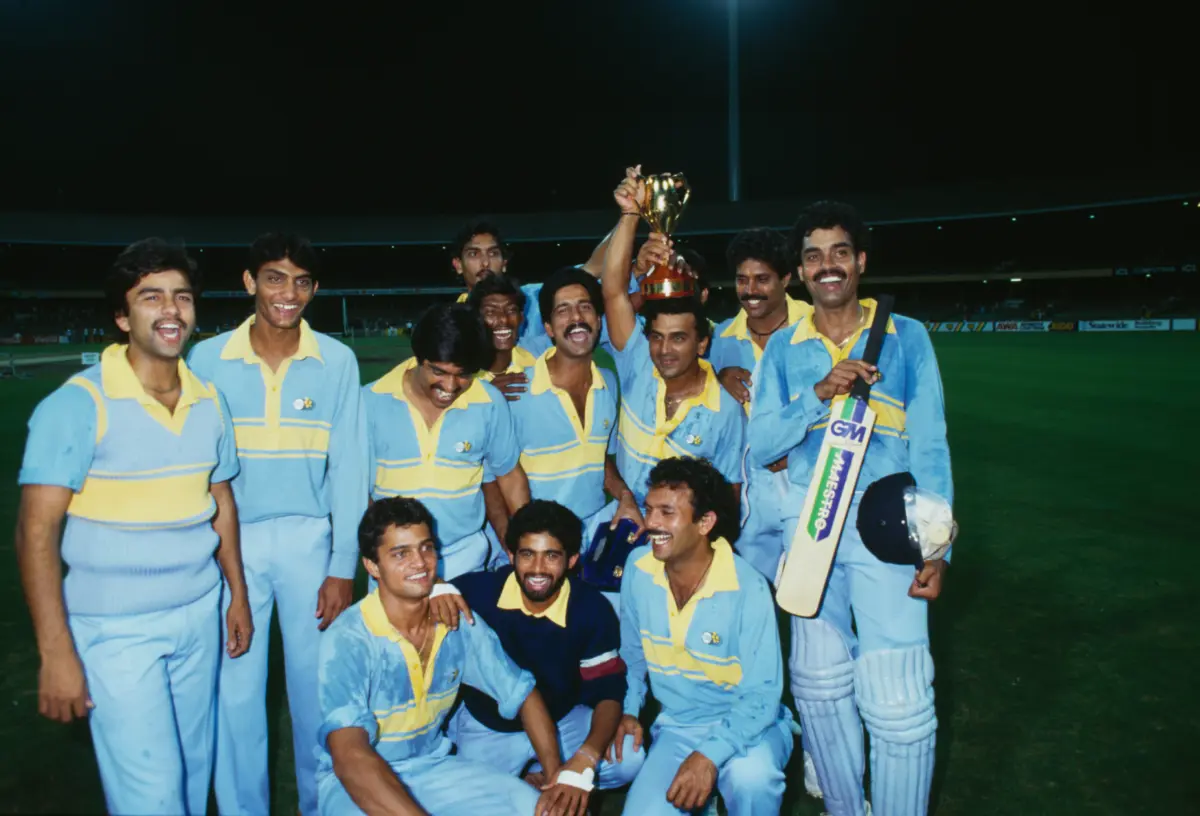“As India plays its 1000th ODI match under their new Captain Rohit Sharma, a new era beckons. The intent, talent and pugnacious attitude of the team heralds a wonderful age for the brave men in Blue as they seek their place in the Sun”
The One Day International (ODI) is unique as it is bound with restrictions on playing conditions, duration and permissible actions. Yet, it is these threads of bondage that fashion its alluring piquant place in the realm of cricket. ODI cricket has now been played for a little over fifty years and one of the greatest teams to play this game, India, will be playing its 1000th one day international. It is befittingly being played in its very own bailiwick.
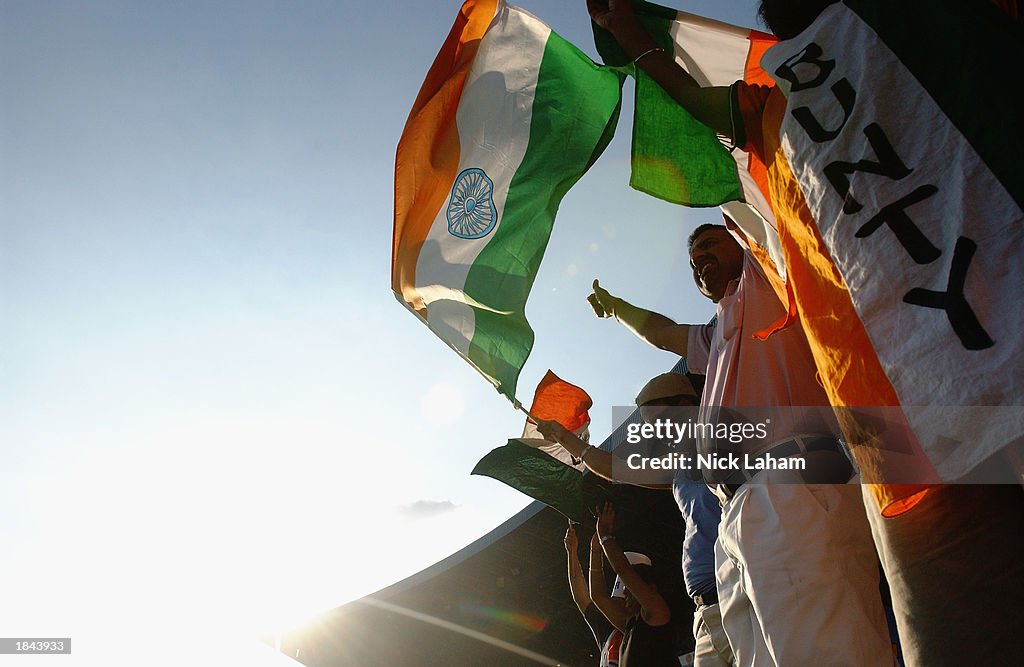
India’s journey in ODIs started in the windswept English ground of Headingley, in the summer of 1974. It was a new format of the game and the Indian team under the captaincy of Ajit Wadekar was asked to bat first. Sunil Gavaskar hit the first sixer for India, but soon the team was in some trouble at 130 for 4.
It was a magnificent innings of 82 runs of 78 balls from Brijesh Patel, which helped India reach a fighting total of 265 runs. England batted well and helped by a sterling effort of 90 runs by JohnEdrich reached the target. Nonetheless, it was a commendable effort from the Indian team.
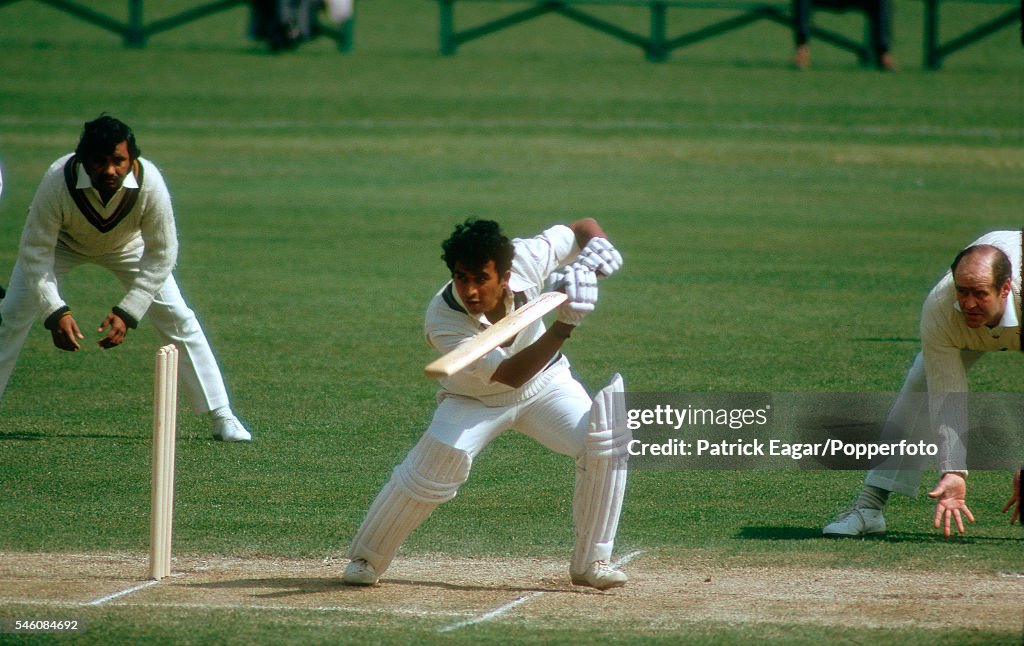
The sweet taste of the victory was realised during the first-ever Cricket World Cup in 1975. India played East Africa, an impromptu team of players from Kenya, Uganda, Tanzania and Zambia. Ironically, the match was also played at Headingley. The East African batsman had no answer to the unerring accuracy of Venkatraghavan and the beguiling spin of Bishan Singh Bedi. East Africa was bowled out for a paltry 120 runs. The Indian opening combination of the Maestro Sunil Gavaskar and the Cavalier Farokh Engineer rattled off the required runs with consummate ease. It was the first 10 wicket win in the history of ODI cricket.
The cricketing rivalry between India and Pakistan has been both intense and intriguing, as a team that played as one for 15 years split into two and now manifests itself as one of the most fiercely contested matches ever. India and Pakistan played a series of ODIs in 1978 in the latter country.
The first-ever match between the two teams was played at Ayub Stadium in Quetta.
The Indian captain, Bishan Singh Bedi, won the toss and elected to bat.
The Indian batsmen found the pace of Imran Khan and Sarfraz Nawaz difficult to score off and could muster only 170 runs in the stipulated 40 overs. Pakistan had a good start but Mohinder Amarnath with his gentle medium pace – bowled Zaheer Abbas and Majid Khan to pull the game back for India. The Indian bowlers bowled beautifully to eke out a 4 run victory over the fancied Pakistan team. India won the first-ever ODI against Pakistan and to say that victory had never tasted so sweet for the Indian team would be the understatement of all time.
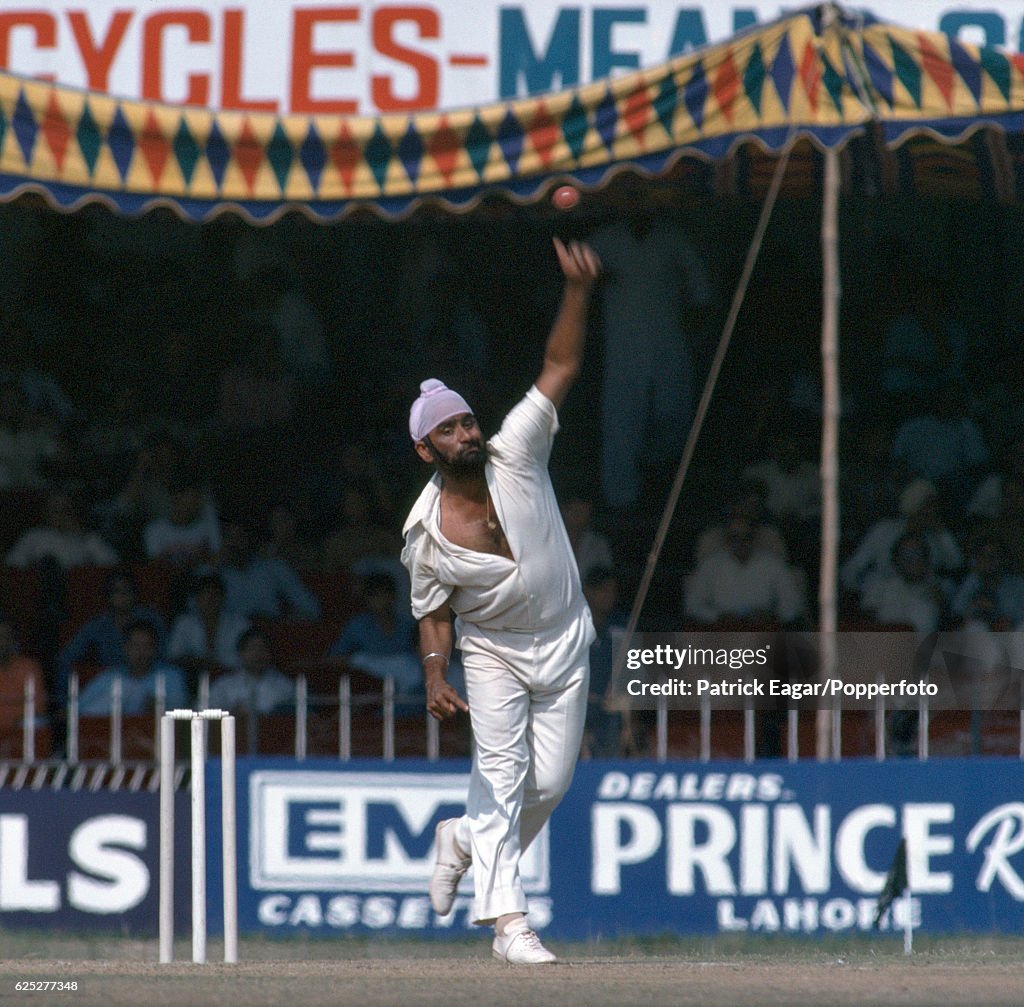
The ODI series against the touring England side in1981-82 was a seminal one for India.
It lost the first match and won the second match.
The crucial and final ODI was played at Barabati Stadium, Cuttack on 27 January 1982. There was a lot of excitement on the day of the match in my grandfather’s bungalow which was adjacent to the stadium. The names of Gavaskar and Boycott were being discussed and this piqued my interest in the game.
My uncles went to the watch and being only five years old at the time, I was left behind. The roar of the crowd was my only source of solace. England put up a fighting total of 230 runs and Gavaskar played a brilliant Captain’s knock of 71 runs to help India win the match. This was India’s first-ever ODI series win against any country and a golden step in the path of glory.
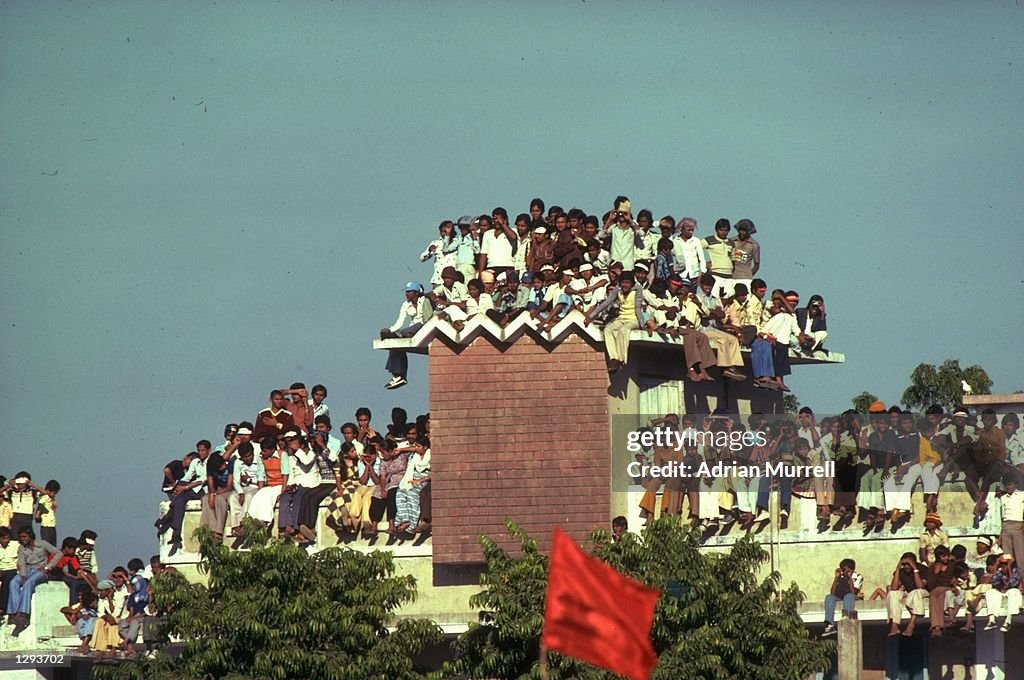
A match that has faded from public memory and yet played a vital part in shaping the golden age of India’s ODI supremacy was played at the tiny Albion Sports Complex in Berbice, Guyana. The West Indies were already 1-0 up and Clive Lloyd, their captain won the toss and put India in to bat. Gavaskar and makeshift opener Ravi Shastri, quite surprisingly put on 93 runs for the first wicket.
With the score at 152, Gavaskar was unfortunately run out for a majestic 90 runs of 117 balls. The captain, Kapil Dev, walked into bat at number four and played a scintillating knock of 72 runs in 38 balls to propel the Indian total to 282 in just 47 overs. The Indian pace attack of Kapil Dev, Balwinder Sandhu and Madan Lal took 6 wickets between them and Rookie spinner Ravi Shastri took 3 for 48 to restrict the mighty West Indies to 255 runs. It was India’s first win against the invincible World champions of the day.
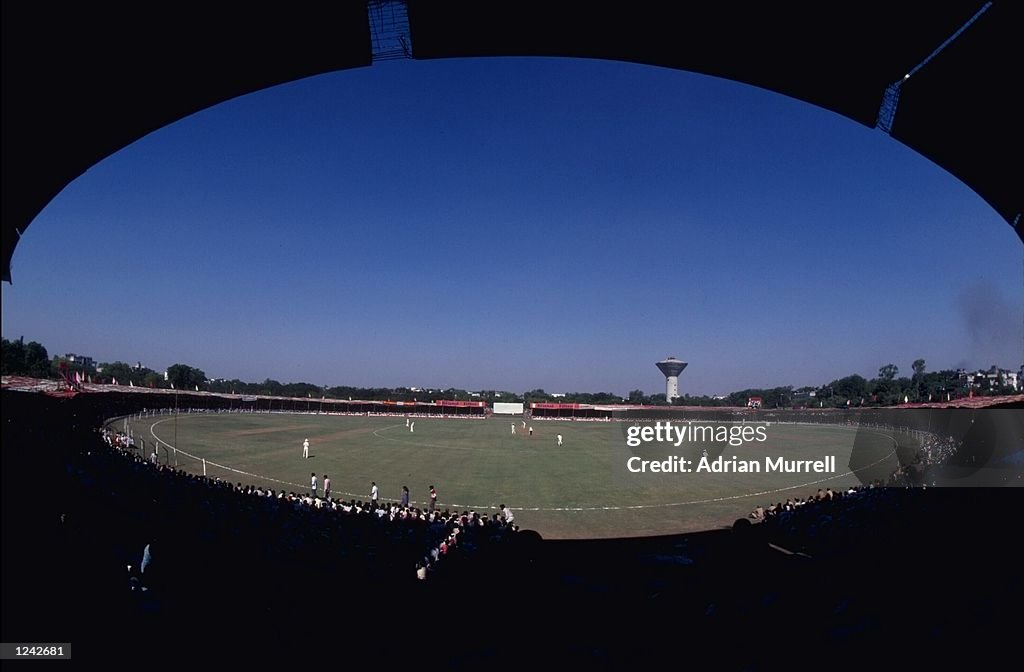
It was then time for the World Cup of 1983. India’s arduous route in the tournament was both nervy and venturesome. At each inflexion point, a gem of an innings or a lion-hearted bowling effort turned the tide for India. India started off with wins against the West Indies and Zimbabwe but a string of defeats left them hanging by the proverbial thread. In the crucial match against Zimbabwe, Kapil Dev played an innings of 175 runs, which is rated as one of the greatest innings in the annals of ODI cricket, to propel India from a precarious 17 for 5 to 266. He then with his bowling counterparts, Roger Binny, Madan Lal and Sandhu won the game for India.
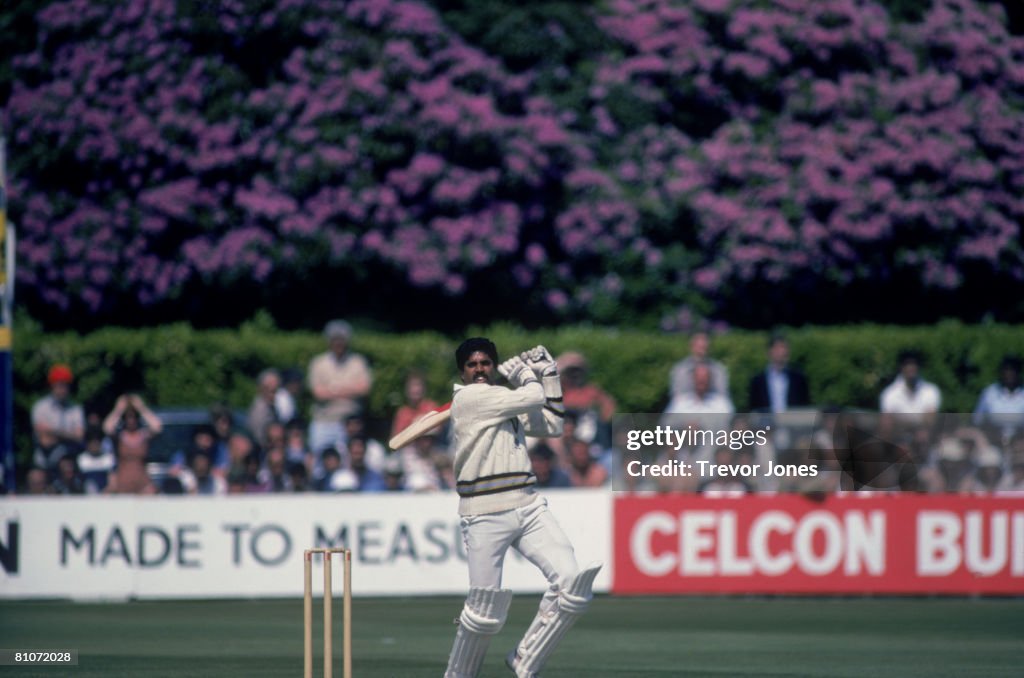
This was a shot in the arm for the team and they shocked hosts England in the semis to face the West Indies in the final. With a below-par batting performance of 183 runs, the odds of India winning was almost negligible, but ‘Kapil’s Devils’ pulled off a miracle by bowling out the West Indies for a paltry 140 runs. India was now the champion of the world and the sun shone brightly on the Indian cricket firmament. The new Golden Era of Indian Cricket began with this fabled and marvellous victory.
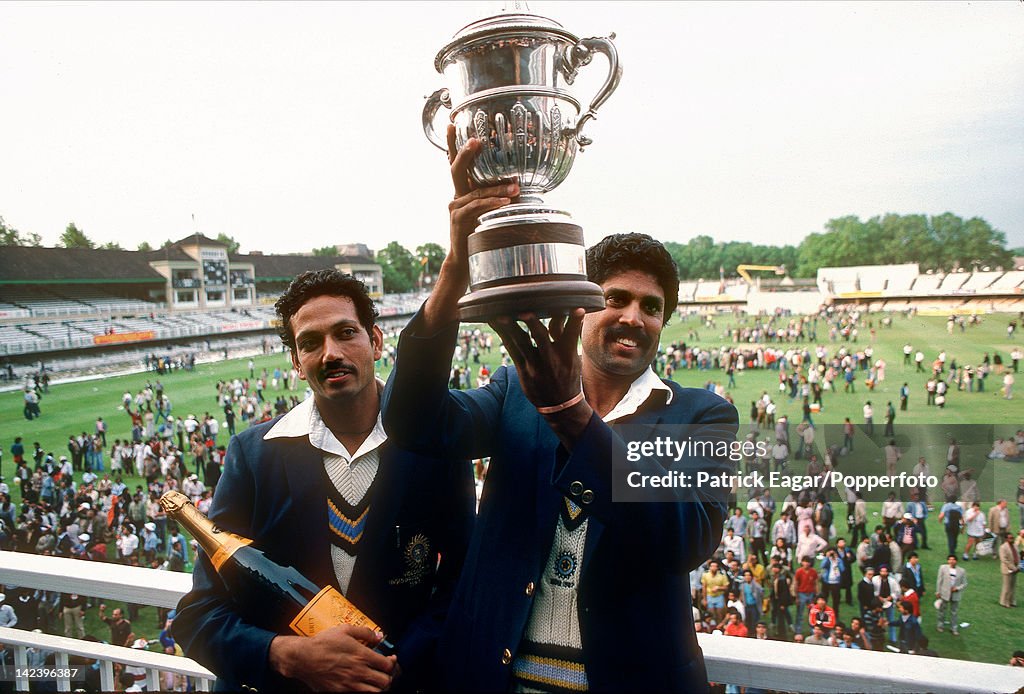
The team possessed world class batsmen in Gavaskar, Vengsarkar, Amarnath and Srikkanth. The golden arrows in its quiver were the brilliant Allrounders Kapil Dev, Roger Binny, Madan Lal and Ravi Shastri. They were complemented by the talismanic fighter behind the wickets, namely SMH Kirmani.
The Indian team won the inaugural Asia cup in the desert sands of Sharjah in 1984 and arrived in Australia in 1985 to play the Benson & Hedges World Championship of cricket as one of the top teams. The team under Gavaskar played an aggressive brand of cricket; they beat Pakistan easily in the first match at the MCG by 6 wickets. Roger Binny took 4 for 35 with a brilliant exposition of seam and swing bowling.
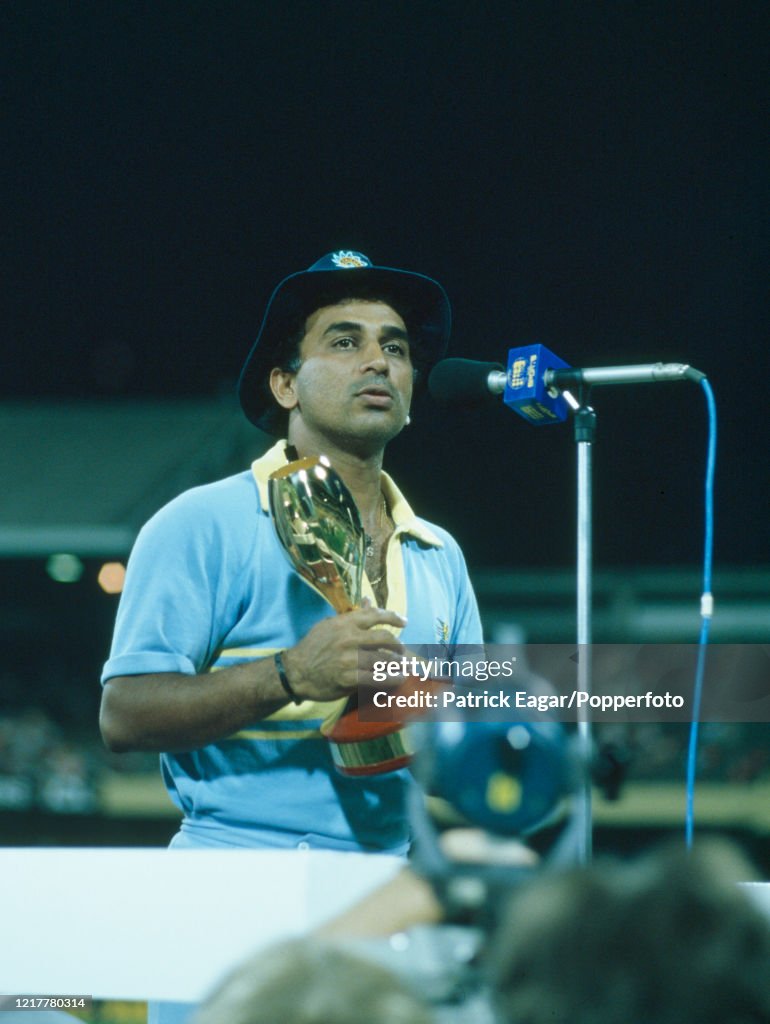
England was soundly beaten by 83 runs in the second match. In its last group match, India bowled out Australia for 163 runs with Binny again taking 3 for 27. India reached the target easily with 8 wickets in hand. In the semifinal against New Zealand at the SCG, India’s all-rounder, the lion-hearted Madan Lal, rolled back the years to take 4 wickets for 37 runs and bowl out the Kiwis for only 205 runs. India then scored the runs easily and booked a place in the final to face their arch-rivals Pakistan.
The atmosphere was electric as Pakistan won the toss and elected to bat first.
The indomitable Kapil Dev produced one of the magnificent spells to reduce Pakistan to 33 for 4. Kapil’s outswingers were undecipherable and his in cutters were unplayable. Pakistan eventually scrambled to a score of 176 for 9. The new and successful Indian opening pair of Ravi Shastri and Srikkanth put on a century partnership and India won the game in a majestic fashion. India was now on top of the world as they lifted the trophy to cement their place as one of the greatest teams to have played ODIs. Their journey from the abyss of failure to the champions of the world was now complete.
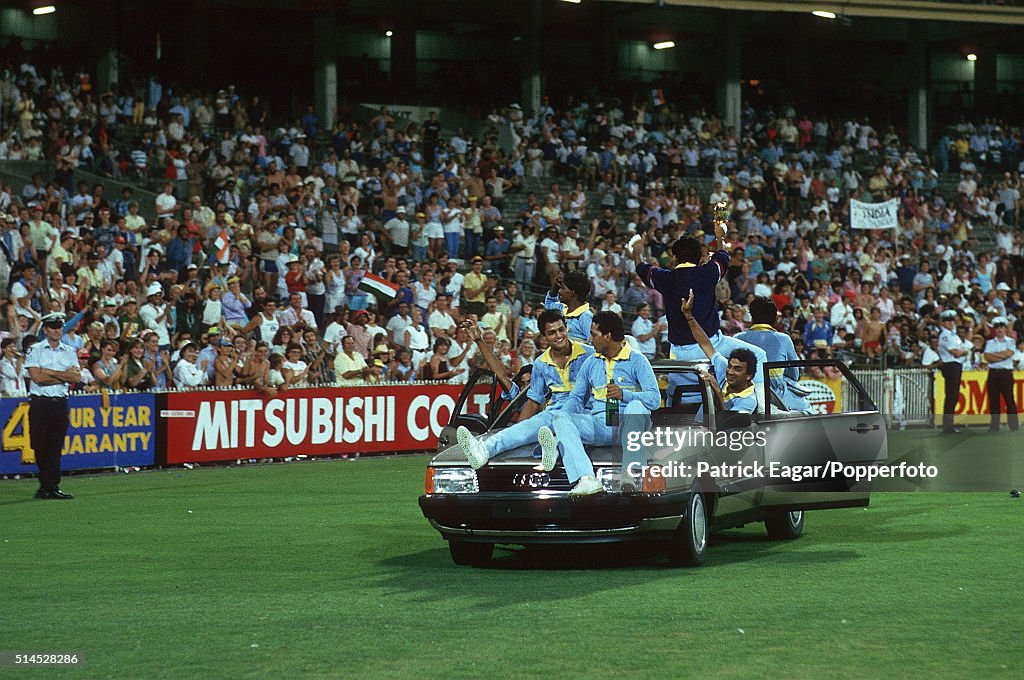
This wonderful team went on the win the 4 Nations Rothmans Cup in Sharjah in 1985 under KapilDev. In the semifinal against Pakistan, India batted first and were blown away by the pace and fury of the majestic Imran Khan. He took 6 wickets for 14 runs and a shell shocked Indian team was bowled out for 125 runs. The Pakistan team was on the verge of taking revenge on the Indian team. But there was an inscrutable twist in the tale. Kapil Dev led a spirited bowling performance and Sunil Gavaskar took 4 stunning catches in the slips to bowl Pakistan out for 87 runs and lead India to an improbable win. This rates as one of India’s iconic ODI victories. India defeated Australia in a scrappy low scoring final to hold aloft the Rothmans Cup and add another feather to the cap of this Golden generation of cricket players.
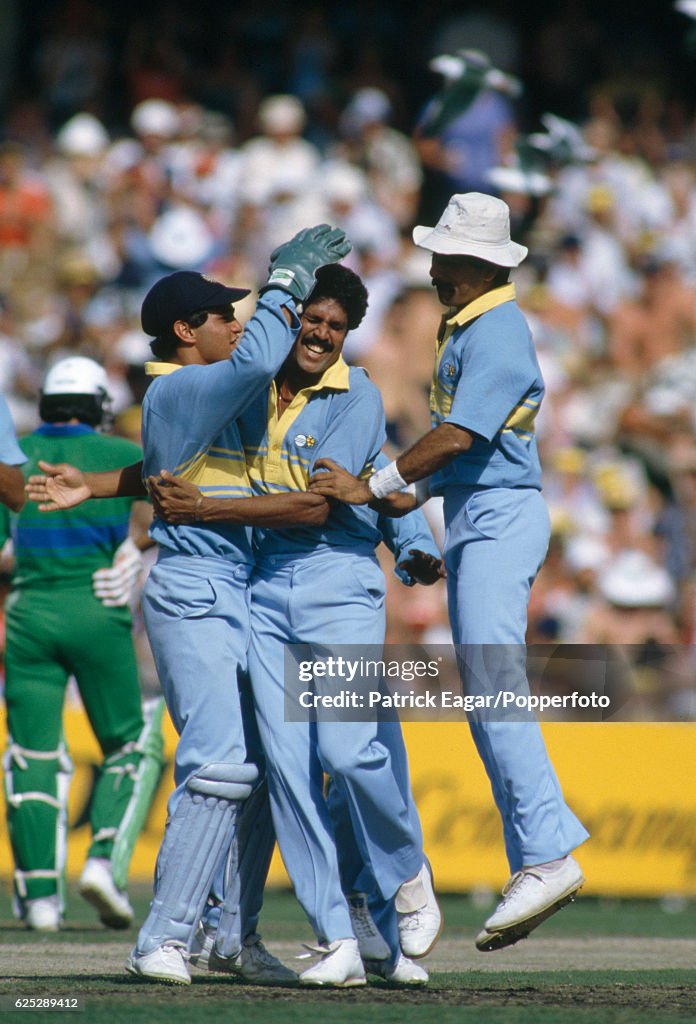
This Indian team also reached the finals of the Australasia cup in 1986 and the semifinals of the 1987 Reliance world Cup. But it was time for some of the stalwarts to ride into the sunset. Gavaskar, Amarnath, Binny, Madan Lal and Kirmani retired from the game and the Indian team then entered the Dark Age of the late 1980s and the early 1990s.
The emergence of Anil Kumble and Sachin Tendulkar was a ray of hope for India in this stygian gloom.
Kumble’s beautiful display of spin bowling, wherein he took a career-best 6 for 12 in the final, helped India to win the Hero Cup in 1993. He was again at his mesmerizing best as India defeated South Africa in the Titan Cup final in 1996. Sachin Tendulkar’s heroics against Australia in the Sharjah Cup of April 1998, where he defied the sandstorm and unleashed a blitzkrieg of his own against the famed Australian bowling attack is termed in history as the ‘Desert Storm.’
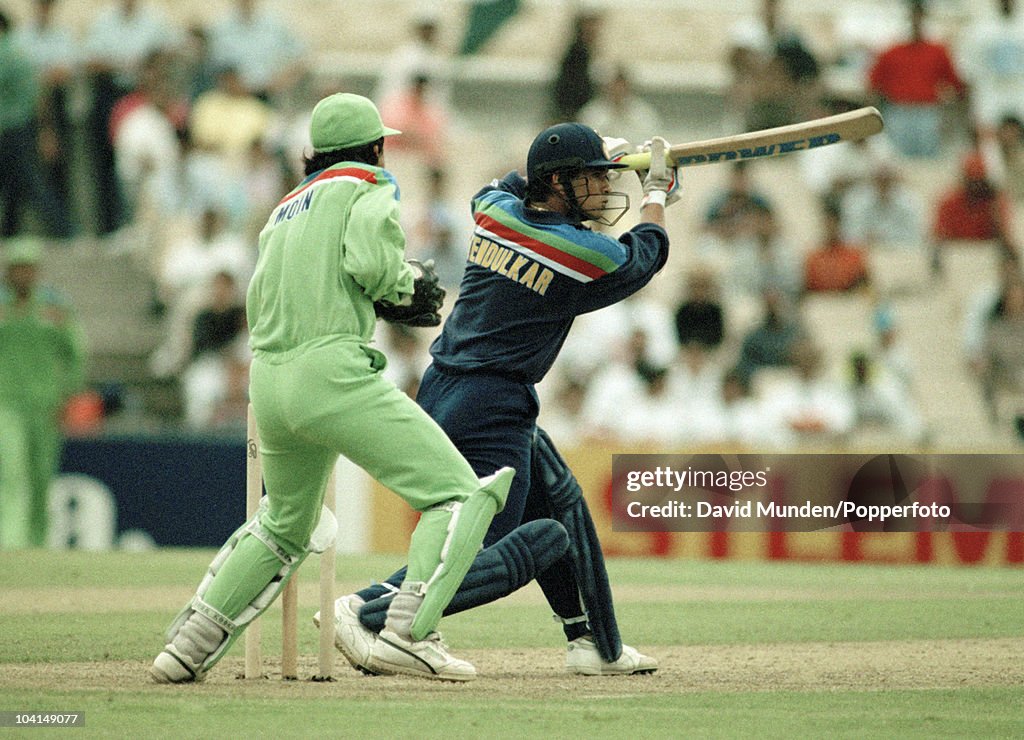
India won the cup with ease with Sachin scoring 2 centuries on the trot. His devastating form continued in the Champions Trophy in November 1998 and India on the back of an unbeaten 124 of 112 balls from Sachin steamrolled Zimbabwe to win the title. Sadly, these tournament wins would be the only ones for India in this decade. Their performance in the world cup events was found wanting.
Sachin found new opening partners in Sourav Ganguly and Virender Sehwag and with the emergence of Zaheer Khan, Harbhajan Singh and Yuvraj Singh, the 2000s adumbrated new dawn for India. India made it to the finals of the 3 nation Natwest trophy finals in England in 2002. England batted first and put on a mammoth 325 runs on the board.
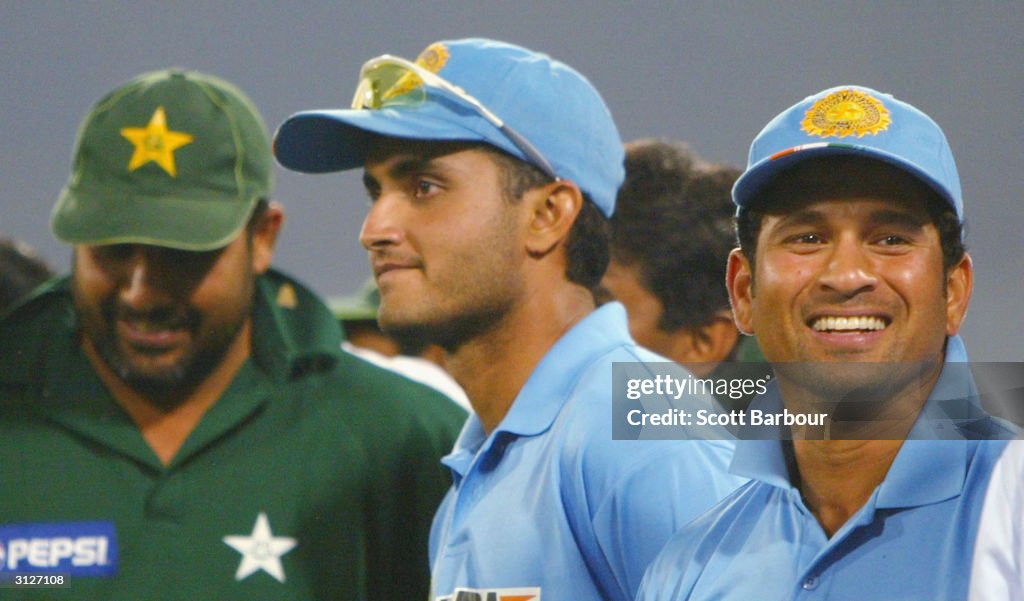
India had started well with Sehwag and Ganguly putting on 104 runs in just 14 overs. However, there was a batting collapse and soon it was 146 for 5 with the young pair of Yuvraj Singh and Muhammad Kaif at the crease. Both of them then unleashed a veritable avalanche of some of the most breathtaking cricketing shots. The England bowling could not withstand this spirited broadside and withered under it. Indian romped home in the last over and the scene of a bare-chested Sourav Ganguly, brandishing his jersey in exultation remains as one of the lasting images of this great win. India was also the joint winner of the ICC champions trophy in 2002. These two wins nourished the sense of confidence in the team.
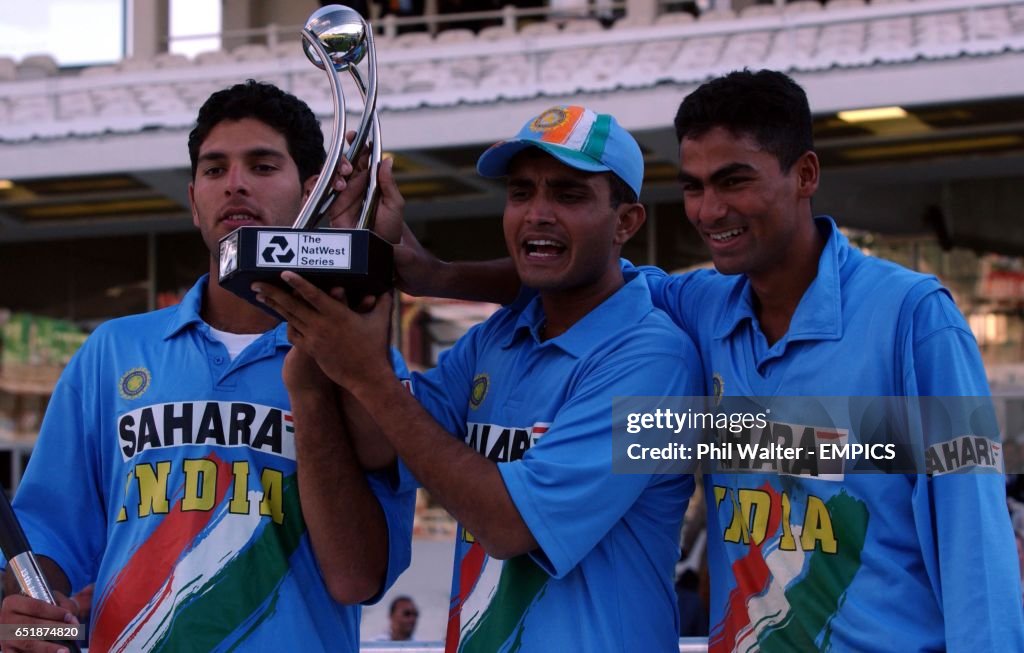
In 2003, India played brilliantly in the World cup and made it to the final. But there they ran into the Australian juggernaut of Gilchrist and Ponting. India was comprehensively beaten and the throes of this defeat would be the source of many tribulations for the years to come. The dawn of a new era did not segue in the promised beautiful morning of a victorious age. Years rolled by and a star-studded Indian team’s performance was inexplicably underwhelming and still beggar’s belief.
In 2011, India hosted the World Cup and played under M. S. Dhoni, known for his calmness and sagacity. New players like Gautam Gambhir and Virat Kohli joined Tendulkar and Sehwag in the batting lineup. India faced Australia in the quarterfinals and Rick Ponting played a masterful knock to set up a target of 260 runs for India to chase.
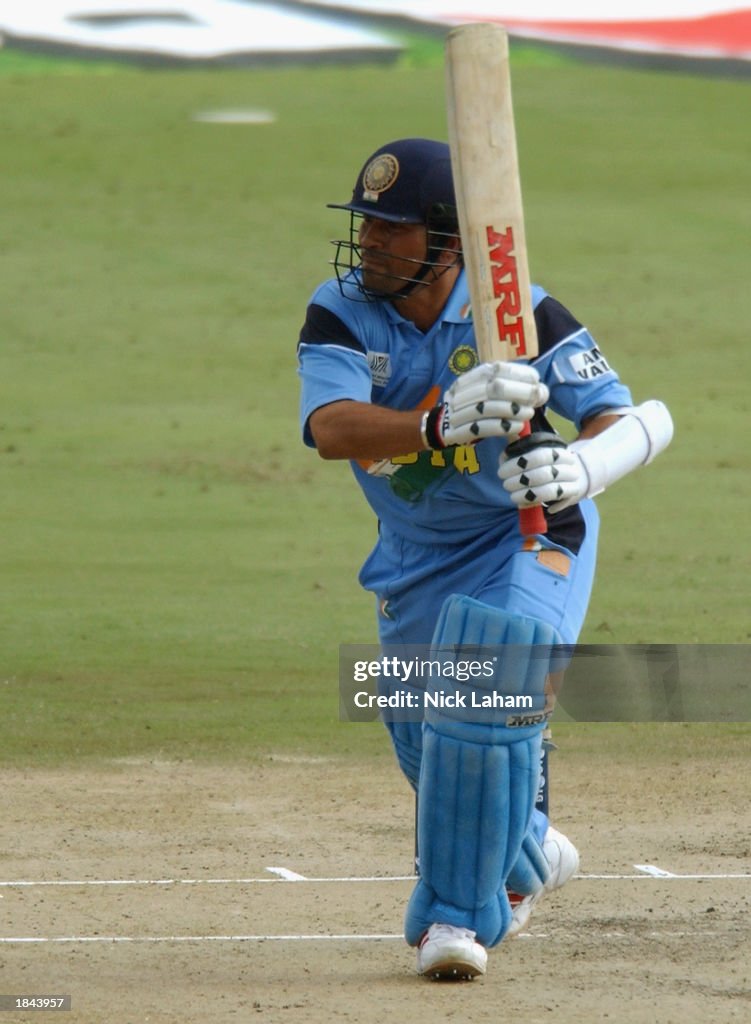
India knocked off these runs with ease as Tendulkar, Gambhir and Yuvraj scored empathic half-centuries. Pakistan was next in line and India played brilliantly to beat their archrivals. India reached their third world cup final and batting first, Sri Lanka put up a fighting total of 274 runs. India was in deep trouble as Tendulkar got out with the score at 31.
The ghost of 2003 raised its ugly head yet again. However, the gutsy Gautam Gambhir struck a 83 runs stand with Virat Kohli and then had a glorious match-winning partnership of 109 runs with M. S. Dhoni. India’s second World Cup triumph was sealed with a splendid six by its Captain Dhoni. People from all generations celebrated this triumph. There were smiles, tears and even the stoical trance in the faces of the billion fans as Dhoni lifted the cup of joy.
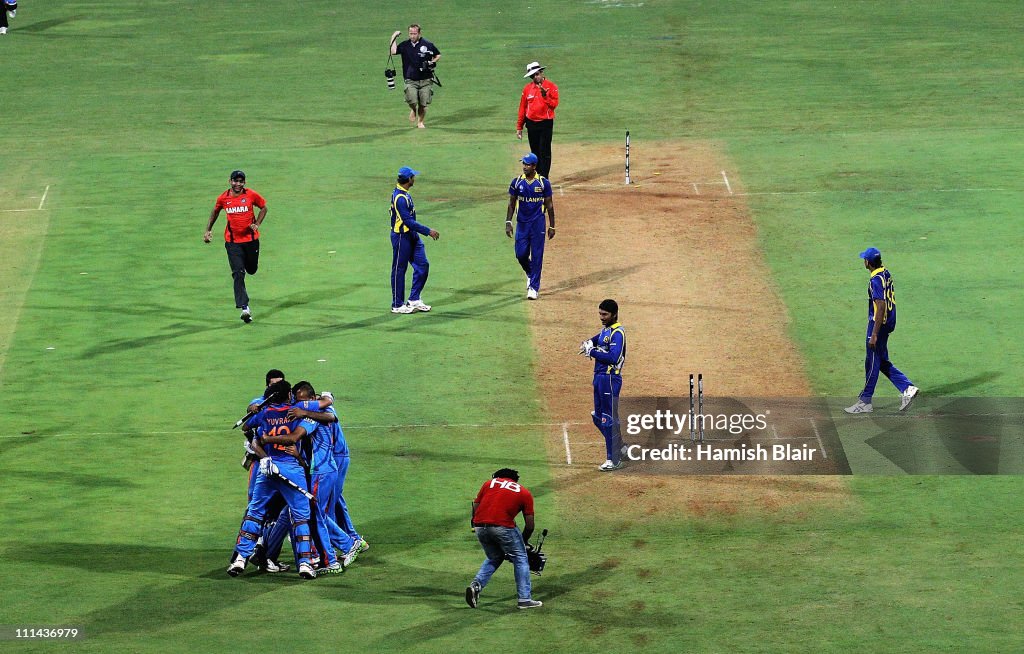
The team went from strength to strength and won the 2013 ICC Champions trophy. India was unbeaten its run to the final and then defeated England in a rain-marred game to imprint their name in indelible letters of Gold in the Cricket firmament.
As India plays its 1000th ODI match under their new Captain Rohit Sharma, a new era beckons. The intent, talent and pugnacious attitude of the team heralds a wonderful age for the brave men in Blue as they seek their place in the Sun.
